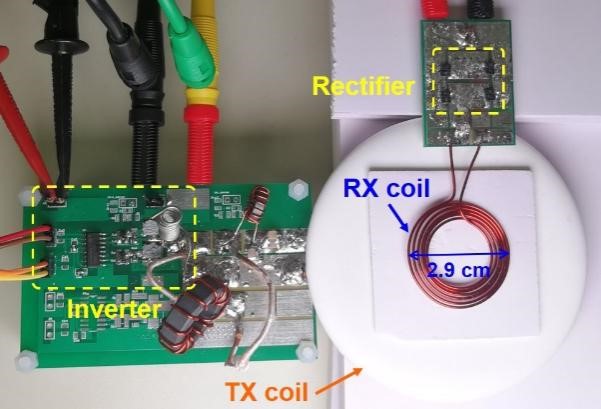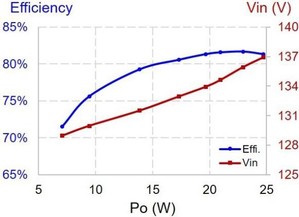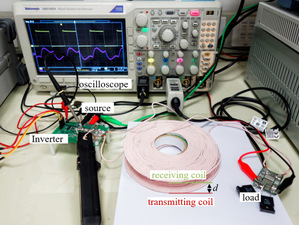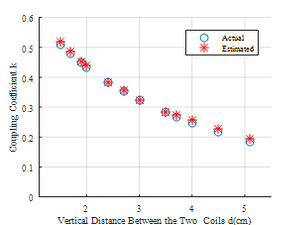Recently, two papers from Center for Advanced Power and Energy Systems (CAPES), are accepted by 45th Annual Conference of the IEEE Industrial Electronics Society (IECON 2019). They are jointly accomplished by the research groups of Prof. Fu Minfan (director of Advanced Electric Power Conversion Laboratory, AEPCL) and of Prof. Liu Yu (director of Power System Protection and Automation Laboratory, PSPAL). IECON is one of the most important international academic conferences focusing on contemporary industry topics ranging from electronics, controls, manufacturing, to communications and computational intelligence. The industry experts, researchers, and academics will gather and share ideas and experiences in regards to frontier technologies, breakthrough and innovative solutions and applications.
The paper entitled ‘A Novel Wireless Fast Charger Using Unregulated IPT Stage’ is published by Zhao Peng as the first author, a graduate student from Professor Fu Minfan’s group. In this paper, considering the low-efficiency issue caused by reductant power conversion and isolation stages, a novel wireless fast charger based on the unregulated inductive power transfer (IPT) stage is proposed. A DC/DC module is also introduced as the regulation stage in this new configuration. In such a system, the isolation, voltage step-down and regulation are all realized with a simplified configuration. It should be noted that, it is the first time to develop an IPT stage for high-step-down voltage conversion ratio. Finally, a 25W prototype is used as an example to achieve 120V/12V conversion. The measured peak efficiency is 82%, which is 9% higher than the stage of the art product (5W, 5V/5V conversion).


Fig. 1. Experiment setup and measured efficiency under different output power
The paper entitled ‘Time Domain Coupling Coefficient Estimation Using Transmitter-side Information in Wireless Power Transfer System’ is published by Yue Kang as the first author, a graduate student from Professor Liu Yu’s group. Accurate estimation of coupling coefficient between the transmitter and the receiver is a challenge in the application of magnetic coupling wireless power transfer (WPT) system. This paper has proposed a time domain method to estimate the coupling coefficient. The method introduces the coupling coefficient as one of the time-varying states of the system and applies standard dynamic state estimation based method to accurately solve the states of the system including the coupling coefficient. The proposed methodology only requires the transmitter side instantaneous input voltage and current and does not have further assumptions on the WPT topology as well as system operating conditions. Experimental results of a prototype WPT system show that estimation error is smaller than 0.012 which validates the feasibility of the proposed coupling coefficient estimation method.


Fig. 2. WPT system prototype and coupling coefficient estimation results
These papers are all accomplished in ShanghaiTech University. Zhao Peng and Yue Kang are the first authors, respectively. Professor Fu Minfan and Professor Liu Yu are the corresponding authors, respectively. The research was funded by ShanghaiTech University Startup Foundation, National Natural Science Foundation of China, Shanghai Sailing Program, Shanghai Pujiang Program and Open Project of Key Laboratory of Control of Power Transmission and Conversion.